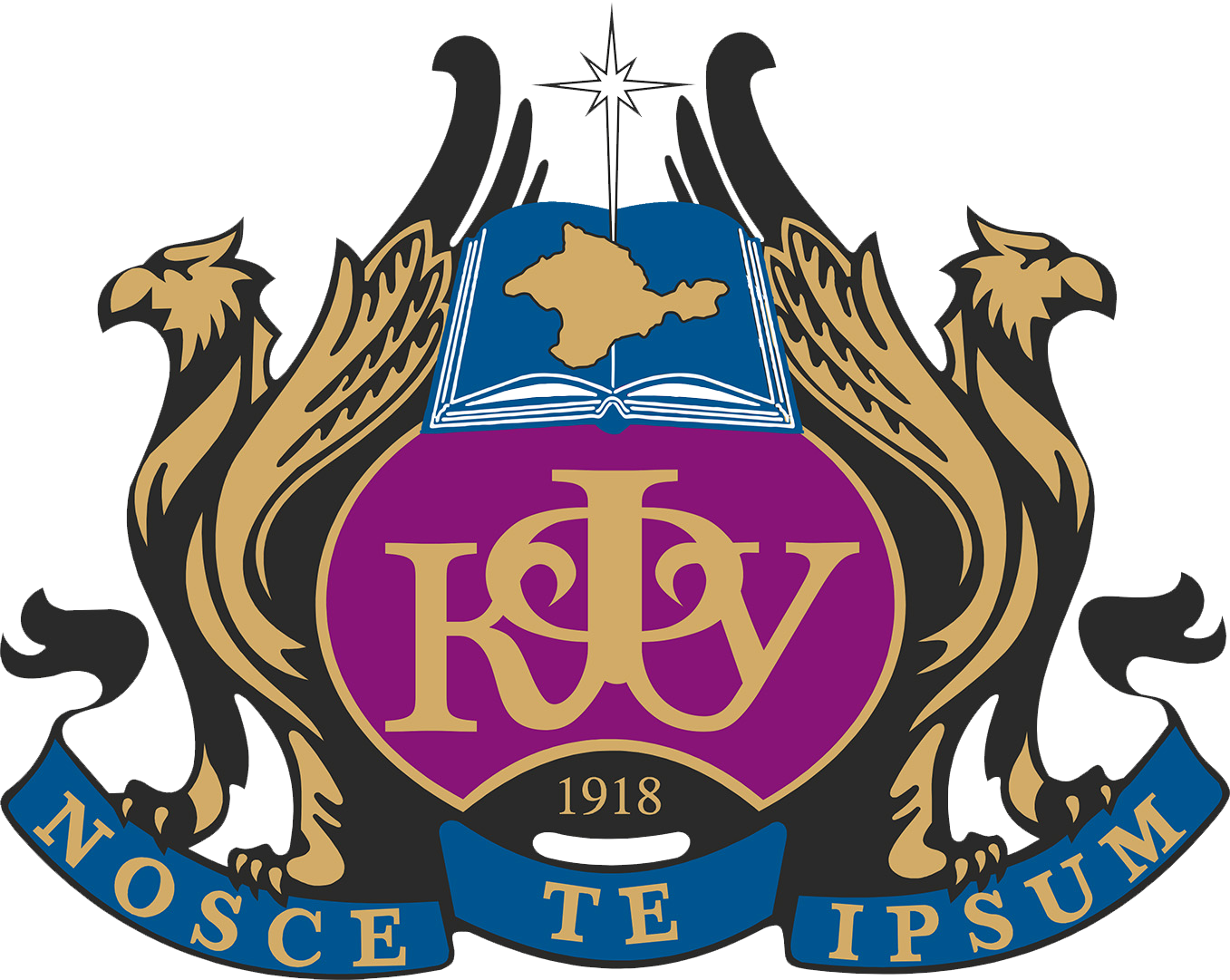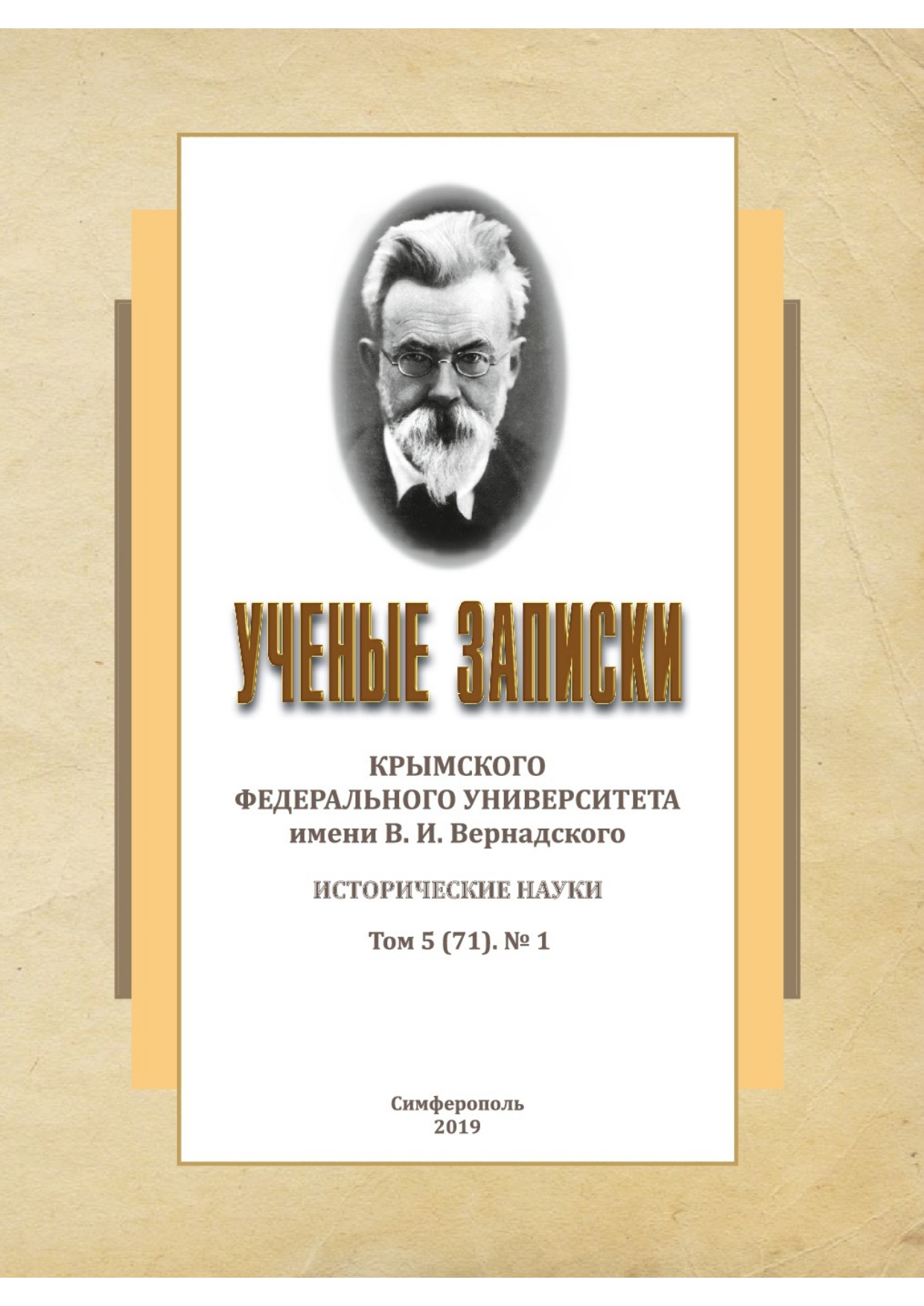The article examines the events of 1828–1830 in Latin America. In 1828 Geneeral Paez participated in the suppression of the uprising against Bolivar Admiral Padilla and Santander, who were fighting for the separation of New Granada from Venezuela, but separatist tendencies in the ranks of the economic elite of most departments also intensified in Venezuela, forcing Bolivar to assume extraordinary, in fact, dictatorial powers in order to preserve the political unity of the liberated territories of Latin America America. Bolivar’s ideas to create a common confederation of all former Spanish colonies in South America did not receive the support of traditionalists, among whom Paes turned out to be. After the defeat of the Padilla uprising and Santander’s removal from power, Bolivar was attacked by the press and politically accused of establishing a dictatorship in both New Granada and Venezuela. Representatives of the Venezuelan elite asked Paes to lead the movement for the secession of Venezuela and the creation of an independent state In 1830, the National Assembly, taking advantage, among other things, of the liberal legislation of the federation and personal decrees issued by Bolivar, declared the independence of Venezuela with President Paez at the head.
the history of Venezuela, the struggle for the independence of Latin America, the Republic of Great Colombia, Simon Bolivar, Jose Antonio Paez, Francisco de Paula Santander.
1. Glinkin A. N. Diplomatiya Simona Bolivara. – M.: Mezhdunarodnye otnosheniya, 1991. – 350 s.
2. Lavreckiy I. Bolivar. – M.: Molodaya gvardiya, 1981. – 221 s. [Elektronnyy istochnik]: URL: http://royallib.ru/book/lavretskiy_iosif/bolivar.html. Data obrascheniya 15.01.2024.
3. Linch D. Revolyucii v Ispanskoy Amerike, 1808–1826. – M.: Progress, 1979. – 404 s.
4. Markes G. G. General v svoem labirinte... [Elektronnyy istochnik]: URL: http://www.litmir.net/br/?b=19158. Data obrascheniya: 15.01.2024.
5. Bolnvar S. Obras completas / ed. V. Lecuna and E. Barret de Nazarns. – Vol. II. – Caracas: Editorial Lex, 1950. – 518 s.
6. Lemly H. R. Bolivar, Liberator of Venezuela, Columbia, Equador and Bolivia. – Boston: Forgotten Books, 1923. – 514 p.
7. Ludvig E. Bolivar. The Life of an Idealist. – New York: Alliance Book Corp, 1942. – 362 p.
8. Lynch J. Simon Bolivar. A Life. – New Haven – London: Yale University Press, 2007. – 349 p.
9. O’Leary D. F. Memorias del General O’Leary. 34 tomos. – T. XXV. Documentos. – Caracas: Imprenta de la Gaceta Oficial El Monitor, 1881. – 632 s.
10. O’Leary D. F. Memorias del General O’Leary. 34 tomos. – T. XXVI. Documentos. – Caracas: Imprenta de la Gaceta Oficial El Monitor, 1881. – 636 s.
11. O’Leary D. F. Memorias del General O’Leary. 34 tomos. – T. XXXII. Documentos. – Caracas: Imprenta de la Gaceta Oficial El Monitor, 1881. – 534 s.
12. Paez J. A. Autobiografia del General Jose Antonio Paez. – Vol. 1. – Nueva York: Hallet and Green, 1867. – 578 p.
13. Reyes V. Pbez, venezolano itegral: biografna: el hombre, el hyroe, el magistrado. – Caracas: Imprinta Nacional, 1957. – 834 s.
14. Pinto C. M. Documentos para la historia de la vida de Josy Antonio Pbez. Congreso de la Rep'blica. – Caracas: Academia Nacional de la Historia, 1976. – 648 s.
15. Scheina R. L. Latin America’s Wars. – Washington, DC.: Potomac Books, Inc., 2003. – 1445 p.





